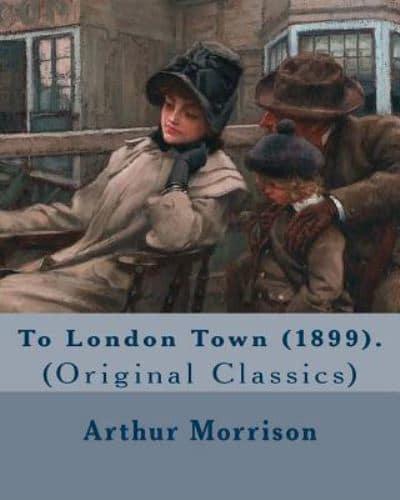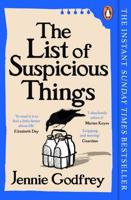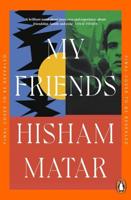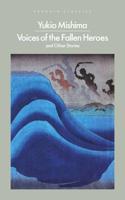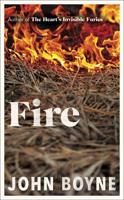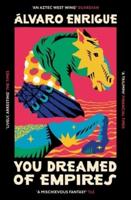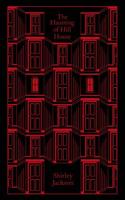Publisher's Synopsis
Arthur George Morrison (1 November 1863 - 4 December 1945) was an English writer and journalist known for his realistic novels and stories about working-class life in London's East End, and for his detective stories, featuring the detective Martin Hewitt. He also collected Japanese art and published several works on the subject. He left a large collection of paintings and other works of art to the British Museum after his death in 1945.Morrison's best known work of fiction is his novel A Child of the Jago (1896). Early life: Morrison was born in Poplar, in the East End of London, on 1 November 1863. His father George was an engine fitter at the London Docks. George died in 1871 of tuberculosis, leaving his wife Jane with three children including Arthur. Arthur spent his youth in the East End. In 1879 he began working as an office boy in the Architect's Department of the London School Board. He later remembered frequenting used bookstores in Whitechapel Road around this time. In 1880 Arthur's mother took over a shop in Grundy Street. Morrison published his first work, a humorous poem, in the magazine Cycling in 1880, and took up cycling and boxing. He continued to publish works in various cycling journals. Career: In 1885 Morrison published his first serious journalistic work in the newspaper The Globe. In 1886, after having worked his way up to the rank of a third-class clerk, he was appointed to a position at the People's Palace, in Mile End. In 1888 he was given reading privileges at the British Museum. In the same year he published a collection of thirteen sketches entitled Cockney Corner, describing life and conditions in several London districts including Soho, Whitechapel, and Bow Street. In 1889 he became an editor of the paper Palace Journal, reprinting some of his Cockney Corner sketches, and writing commentaries on books and other subjects including the life of London poor people. In 1890 he left this job and joined the editorial staff of The Globe and moved to lodgings in the Strand. In 1891 he published his first book The Shadows Around Us, a collection of supernatural stories. In October 1891 his short story A Street was published in Macmillan's Magazine. In 1892 he collaborated with illustrator J. A. Sheppard on a collection of animal sketches, one entitled My Neighbors' Dogs, for The Strand Magazine. Later that year he married Elizabeth Thatcher at Forest Gate. He befriended writer and editor William Ernest Henley around this time, publishing stories of working-class life in Henley's National Observer between 1892-94. His son Guy Morrison was born in 1893. In 1894 Morrison published his first detective story featuring the detective Martin Hewitt. In November he published his short story collection Tales of Mean Streets, dedicating the work to Henley. The collection was reviewed in 1896 in America by Jacob Riis. Morrison later said that the work was publicly banned. Reviewers of the collection objected to his story Lizerunt, causing Morrison to write a response in 1895. Later in 1894 he published Martin Hewitt, Investigator. In 1895 he was invited by writer and clergyman Reverend A. O. M. Jay to visit the Old Nichol Street Rookery. Morrison continued to develop his interest in Japanese art, which he had been introduced to by a friend in 1890. Morrison began writing his novel A Child of the Jago in early 1896. The novel was published in November by Henley. It described in graphic detail living conditions in the East End, including the permeation of violence into everyday life (it was a barely fictionalised account of life in the Old Nichol Street Rookery). ....
